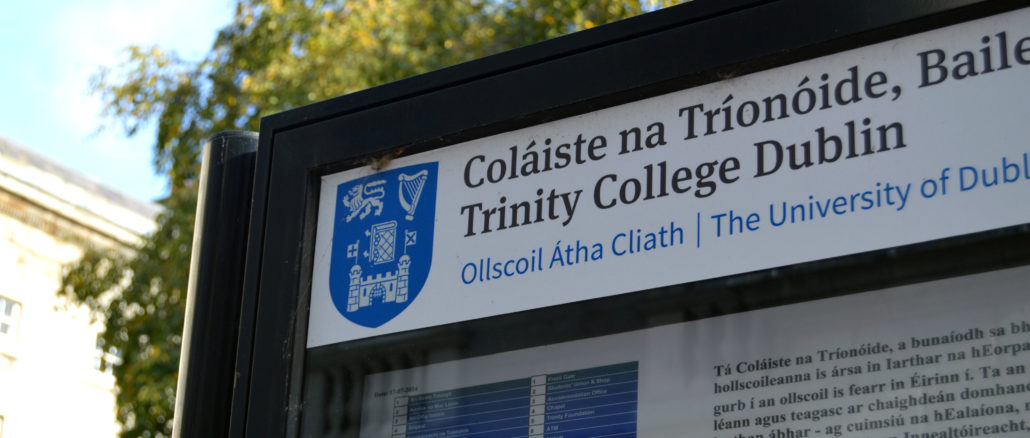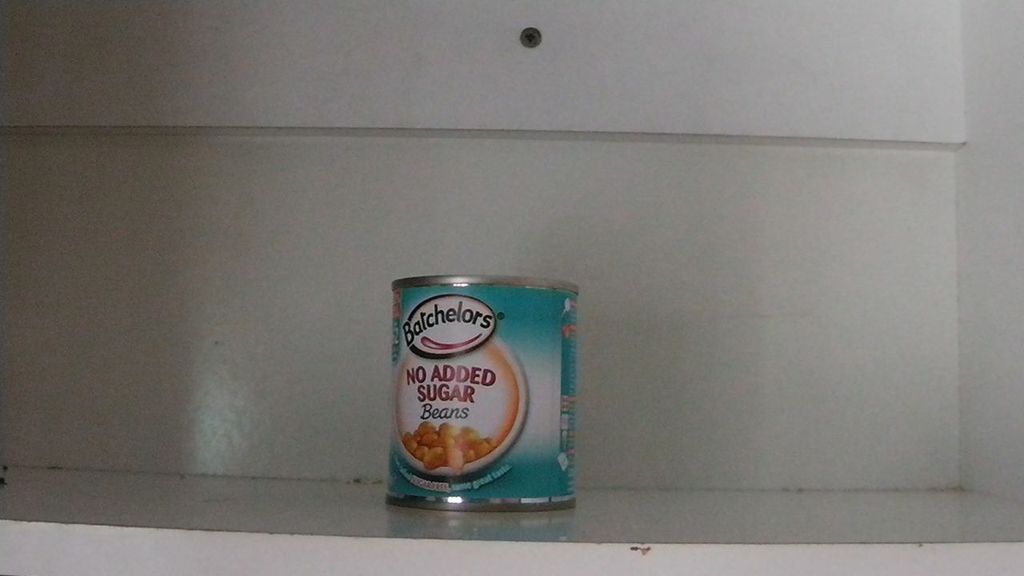
[dropcap]Researchers[/dropcap] at Trinity College Dublin have have begun trials to test the effectiveness of ketamine when treating recurrent depression.
The research team are currently trialing up to 65 people using ketamine on patients who have had electroconvulsive therapy and who have been admitted to hospital with relapsing episodes of depression.
According to Prof. Declan McLoughlin, a member of the research team, the drug has proved successful in many applicants so far, citing studies where approximately 70 per cent of people who have the treatment receive a “robust anti-depressant effect”.
He said, “There’s pretty good evidence now that shows ketamine in a low sum of antistatic doses has a very rapid response.”
McLoughlin warned that the drug was not for regular use, but is given to patients trialing the drug once a week for four weeks.
During the procedure “you would have a needle inserted into a vein in your arm and attached to a bag with about 50 millilitres of saline or salt water and you would add the ketamine to that,” he said.
The trial aims to prevent relapsing episodes of depression by giving the treatment to recovering patients to change how the brain deals with depression.
The research team is considering carrying out the study on a larger scale.
Street Use
Though proving successful in this field, ketamine is often associated as an illegal street drug, and is also an anaesthetic routinely used in hospitals.
McLoughlin says, “there are no good reasons, that I can think of, why anyone would take ketamine for pleasure or as a street drug as it’s quite a dangerous thing to take”.
McLoughlin warns the street variety of ketamine can leave you with serious side effects as extra chemicals are often added and the doses taken are a lot higher then the amount given in Trinity’s trial.
Laura Horan
Image Credit: Rachel Farrell




Leave a Reply